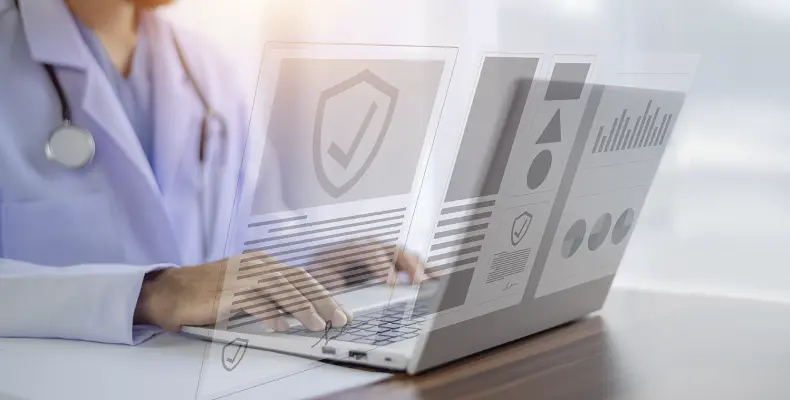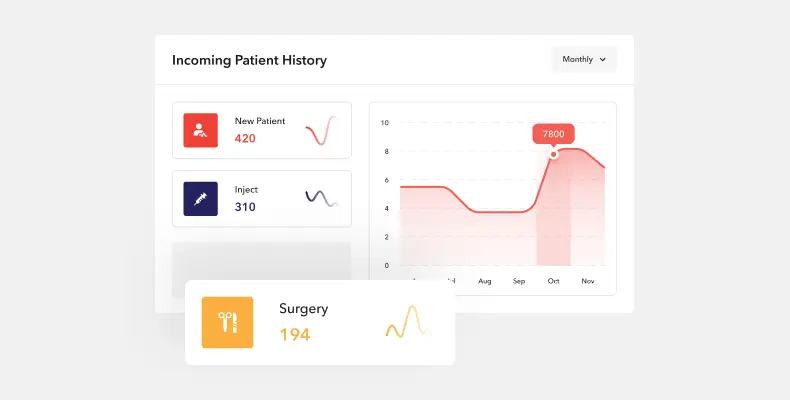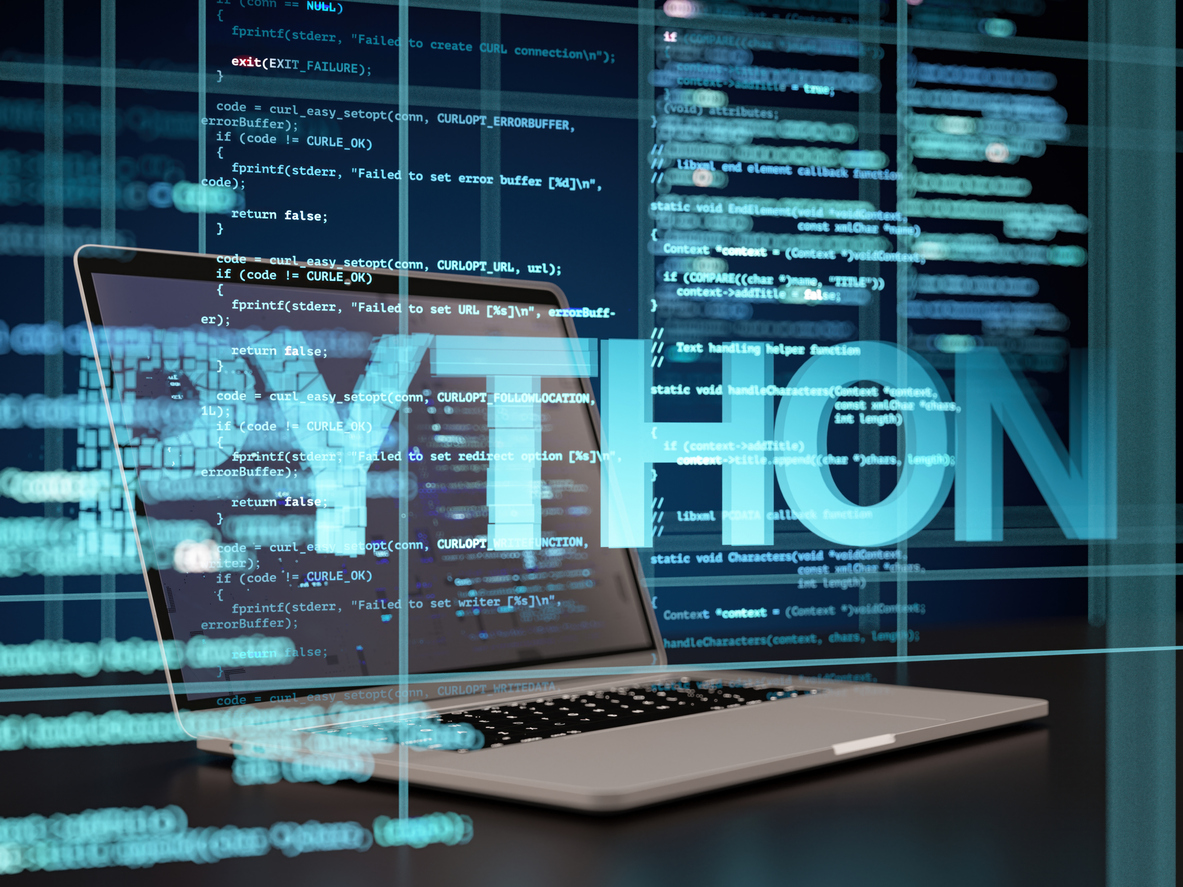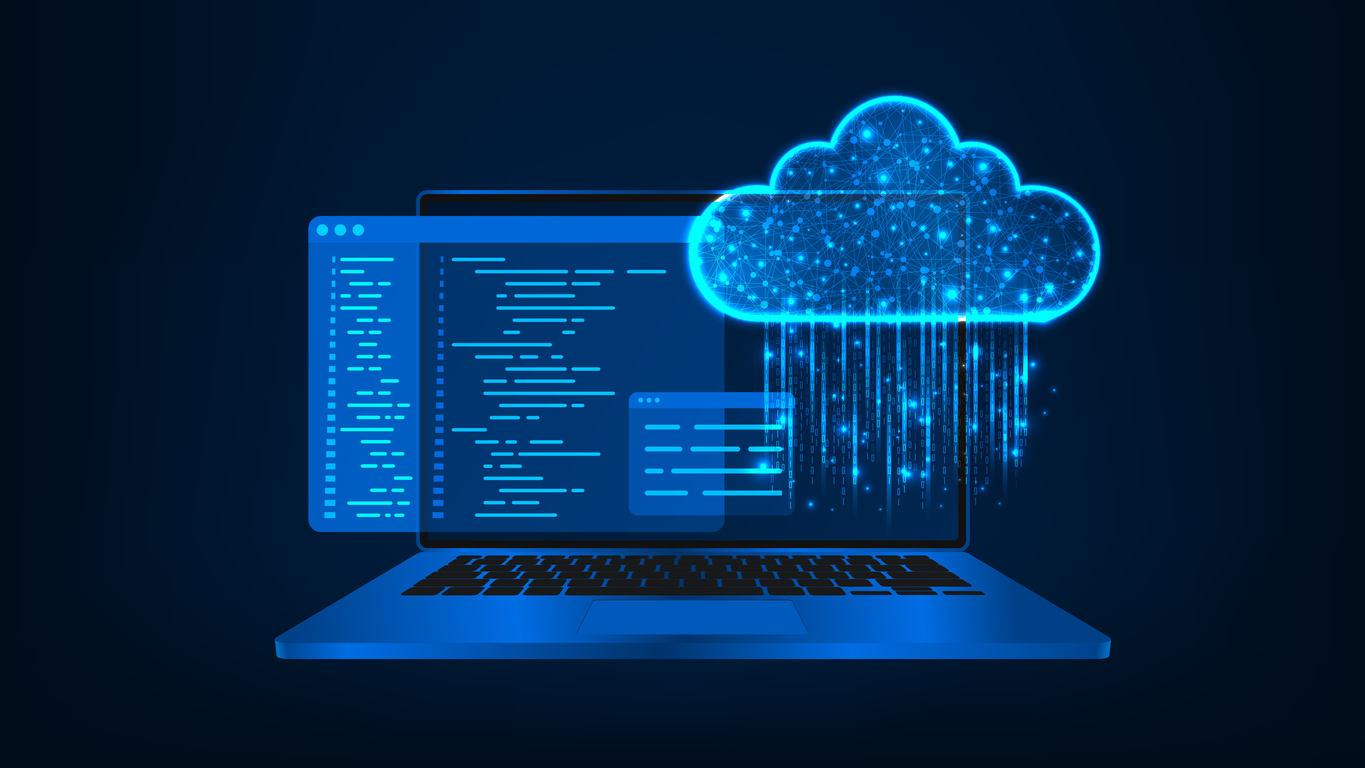We use cookies to ensure we give you the best experience on our website. By clicking Agree you accept our Privacy and Cookies Policy.
HIPAA compliance checklist for healthcare software development 2026

 11 minutes read
11 minutes read
Content
As technology continues to evolve, so does the need for organizations in healthcare-related fields to follow strict guidelines. If you are a healthcare provider, developing software for use by patients or employees, it is important to ensure that your software development meets the requirements of the Health Insurance Portability and Accountability Act (HIPAA).
HIPAA was enacted in 1996 to reduce waste and abuse in health care, protect personal data and make sure only authorized individuals have access to information about patient health. In this article, we will provide an overview of the basics of HIPAA compliance as they relate specifically to software development in 2026.
It’s encouraging to see the progress being made in healthcare when it comes to HIPAA compliance. According to a recent survey by The Ponemon Institute, 92% of healthcare organizations have achieved HIPAA compliance. This is an impressive statistic considering that, just three years ago, only 79% reported being compliant with the law.
Additionally, more than half of surveyed organizations stated that they had updated their HIPAA policies and procedures within the past year – another positive sign of how seriously hospitals and other medical facilities are taking patient privacy and security.
Basic HIPAA rules
These three rules make up the core of HIPAA regulations for healthcare software development.
Privacy rule
The Privacy Rule protects patients’ health information from being shared without their knowledge or consent. It sets guidelines for how protected health information (PHI) should be used and disclosed, as well as requires that proper security measures are taken to protect it.
Security rule
The Security Rule requires healthcare organizations to protect PHI from unauthorized access, use, or disclosure. It outlines what must be done to ensure the integrity, availability, and confidentiality of data. This includes physical and technical safeguards such as access control measures, encryption, and audit controls.
Breach notification rule
The Breach Notification Rule requires healthcare organizations to notify individuals when their PHI has been compromised in any way. This includes informing affected individuals in writing within 60 days of the breach being discovered. Healthcare organizations must also inform HHS within 60 days if more than 500 people have had their information breached.
At Blackthorn Vision, we are aware of these key regulations when creating software applications related to health care. We always take precautions to ensure that patient data is kept secure as we know that failure to follow these rules can result in penalties, fines, and other repercussions. Read more about it below.
What does HIPAA not cover?
HIPAA does not cover certain types of health care organizations, such as pharmacies, mental health facilities and home health agencies. Additionally, HIPAA does not apply to employers who provide health insurance to their employees. Lastly, while HIPAA sets standards for the use and disclosure of protected health information (PHI), it is up to each state to decide how they want to enforce these standards. Therefore, it is important to familiarize with their local laws regarding patient privacy and security. By understanding the limitations of HIPAA and what it covers and does not cover, business can better protect themselves when sharing personal medical information.
Why do you need to be HIPAA compliant?
Being compliant with HIPAA offers many benefits for both healthcare providers, whether it’s a hospital or a small medical practice. It ensures that all patient information is kept secure and confidential, and the privacy of patients’ data is always respected.
Additionally, it encourages better communication between organizations as they can be sure that the data they exchange with each other meets federal standards of privacy protection. Read more about the benefits below.

Benefits of HIPAA compliance
Complying with HIPAA regulations helps protect patient data and reduce the risk of potential fines and penalties. But that’s not all! HIPAA compliance has several additional benefits. Learn about them below.
Increased security and privacy
HIPAA compliance helps businesses provide a higher level of security for their customers’ health information. It requires organizations to implement strong data access and authentication measures, as well as encrypting transmitted health records. This can help protect the privacy of customers’ data and ensure it is only accessed by authorized personnel.
Improved efficiency
HIPAA compliance can also help improve organizational efficiency. Following standard processes for handling confidential medical information helps streamline operations and reduce errors, which can lead to significant time and cost savings in the long run.
Reduced regulatory risk
Organizations that are compliant with HIPAA have fewer risks associated with potential penalties from government regulators or private litigants. HIPAA compliance can also help protect organizations from reputational harm that could result from a data breach or other security incident.
Improved customer relationships
Customers are increasingly aware of the importance of protecting their personal health information and are more likely to do business with organizations they trust are taking adequate measures to secure it. HIPAA compliance demonstrates an organization’s commitment to safeguarding customer data, which can lead to improved customer relationships and loyalty over time.
Competitive advantage
With HIPAA compliance becoming increasingly important in the healthcare industry, organizations that market themselves as being compliant can gain a competitive edge over competitors who don’t take the same level of caution when handling protected health information (PHI). This can help attract both new customers and potential partners.
Overall, HIPAA compliance can provide a number of business benefits that go beyond just meeting regulatory requirements. By taking the necessary steps to ensure PHI is adequately protected, organizations can improve security and efficiency while gaining a competitive advantage in the industry. Additionally, they can build trust with their customers by showing a commitment to protecting their private data.
What HIPAA compliance brings to patients
HIPAA compliance is more than just a set of standards that medical professionals must abide by. It provides an extra level of protection and other perks for patients seeking medical care. Check some of them below.
Protected Health Information (PHI) is safeguarded
HIPAA compliance ensures that both medical and non-medical staff involved in providing healthcare services have the proper training to handle patient data securely. This sets a strong foundation for protecting healthcare information that could otherwise be vulnerable to breaches or misuse.
Improved access to personal health records
Being compliant with HIPAA regulations gives patients the right to access their own personal health records without unnecessary delays or restrictions, allowing them to play an active role in managing their own health care.
More transparency when it comes to sharing PHI
Patients can rest assured knowing that HIPAA compliance requires organizations to get explicit permission before any of their protected health information is shared with others, giving them greater control over who is allowed to access their data.
Opt-in information sharing lets patients take the lead
HIPAA compliance allows patients to voluntarily opt into sharing their personal health records with other healthcare providers, insurers, or researchers. This gives them the power to decide how and when their data will be used, safeguarding it from being misused without their knowledge or consent.
Greater trust in healthcare organizations
By following the guidelines set by HIPAA, organizations are showing their commitment to protecting the privacy of their patients. This fosters an environment of trust between healthcare providers and patients, allowing them to work together in a more collaborative manner that benefits everyone involved.
Increased compliance with other privacy regulations
Complying with HIPAA guidelines also helps organizations adhere to other data protection laws such as GDPR or CCPA, making sure they’re never at risk of being fined for non-compliance.
Staying compliant with HIPAA regulations is beneficial for both healthcare providers and their patients. It creates a secure digital framework that allows patient health information to be safely managed and accessed when necessary without sacrificing patient privacy or security.

HIPAA compliance checklist
Following this checklist for HIPAA compliance will ensure that your healthcare organization works according to the law and can protect patient data from unauthorized access. So take the time to review each point, make sure you meet all requirements, and keep your business secure.
Data access control
Access to PHI must be strictly controlled and monitored. Establishing an access control system that includes authentication and authorization measures is critical to ensure only the appropriate personnel can see and operate sensitive patient data.
Activity audit
To maintain HIPAA compliance, it’s important to audit all activities related to the storage and transmission of PHI. This includes logging user access to data, detecting unusual behavior, and tracking where that data is going.
Privacy standards
Healthcare organizations must have strong privacy standards in place to protect confidential patient information. These include physical safeguards such as secure locks and password-protected systems, as well as administrative measures like data destruction policies and employee training.
Asset and device
HIPAA also requires healthcare organizations to have physical safeguards in place for any assets or devices used to store or transmit PHI. This includes procedures for the proper use, maintenance, and disposal of said items.
HITECH Subtitle D
The Health Information Technology for Economic and Clinical Health (HITECH) Act requires healthcare organizations to comply with certain standards when it comes to electronically protected health information (ePHI). HITECH Subtitle D outlines the security requirements for protecting PHI in digital form.
Security rule standards
HIPAA’s Security Rule outlines a number of measures that must be taken to protect the confidentiality, integrity, and availability of PHI. These include administrative safeguards like risk analysis, technical safeguards such as encryption, and physical safeguards like restricted access to data centers.
Security IT risk assessment
Regular security risk assessments are essential for any healthcare organization that stores or transmits PHI electronically. These assessments must identify any potential risks or vulnerabilities to PHI and provide guidance on how to address them.
Physical site
HIPAA requires healthcare organizations to protect the physical premises where PHI is stored or transmitted. This includes measures like restricted access, security cameras, and guards, as well as emergency plans in case of a breach.
System integrity
To ensure system integrity, healthcare organizations must have processes in place to detect and prevent unauthorized attempts to access or modify PHI. This includes monitoring user accounts, logging activity, and detecting any unusual behavior.
Anti-tampering mechanism
HIPAA requires healthcare organizations to have an anti-tampering mechanism in place to protect the integrity of PHI stored or transmitted electronically. This could include digital signatures, encrypting data, or using other authentication measures.
Reliable user authorization
User authorization is essential for ensuring that only authorized personnel have access to PHI. This includes having processes in place to validate user identities and granting appropriate levels of access.
Safe data transmission
Secure transmission of PHI over the internet is also required by HIPAA. This includes measures like encryption and authentication that help prevent unauthorized access to data. Organizations must also have processes in place to ensure PHI is transmitted securely.

Our experience in developing HIPAA compliant software
At Blackthorn Vision, we understand the importance of creating healthcare apps that are compliant with HIPAA regulations. That’s why every step of our development process is designed to ensure compliance and data security. Here’s how:
1. Regulatory compliance: Blackthorn Vision keeps up-to-date with the latest GDPR regulations, laws and standards. Regulatory compliance can help organizations stay on track with regulations in areas such as data privacy, security, intellectual property protection, user experience design, and more. This helps protect them from potential liability and data security issues as well as ensures the safety and effectiveness of their applications. It also allows companies to maintain credibility with customers and other stakeholders. So we help to ensure that our software is compliant with mentioned regulations.
2. Secure data storage: Secure data storage: Our secure cloud storage solutions, such as AWS, Google Cloud and Azure, to encrypt your confidential data and back it up regularly. Each cloud platform offers its own unique benefits, but they all share the same goal: to provide secure and reliable storage solutions. Based on our experience, Azure Cloud suits healthcare companies and large enterprises better, as it provides advanced security features, a wide selection of services, and automated processes that can help streamline IT operations.
3. Full data and access control: Blackthorn Vision provides granular user access control, allowing you to decide what data users can or cannot see. It also allows you to set up different levels of access for different users, giving each user only the access they need. Additionally, you can audit your organization’s activity with its detailed logging capabilities to make sure all access is tracked. With Blackthorn Vision, you can be sure that your data is secure and accessible only by those who require it.
At Blackthorn Vision, we thoroughly study and stick to all the major security regulations during software development. Our goal is to provide you with the peace of mind that comes from knowing your data is safe and secure.
















































































